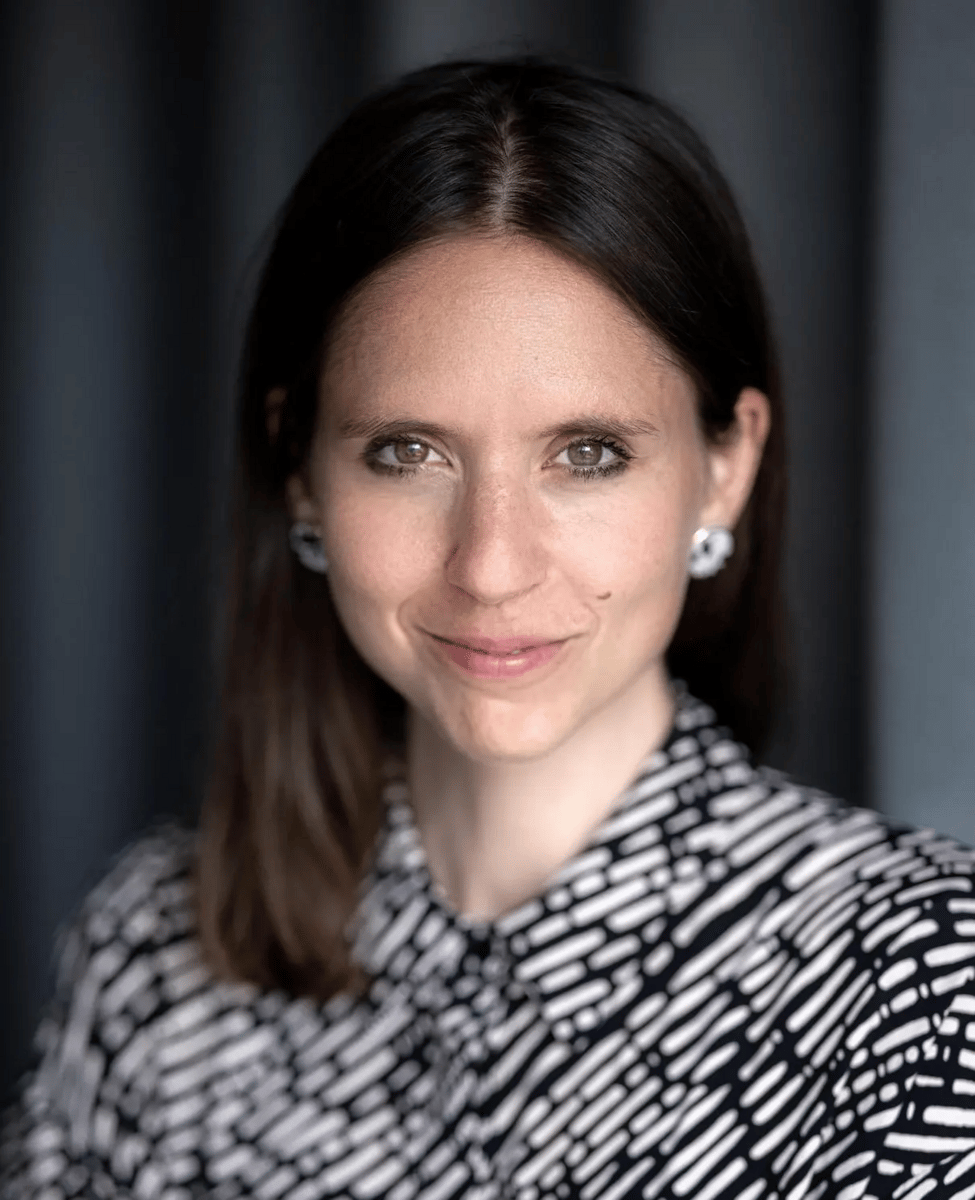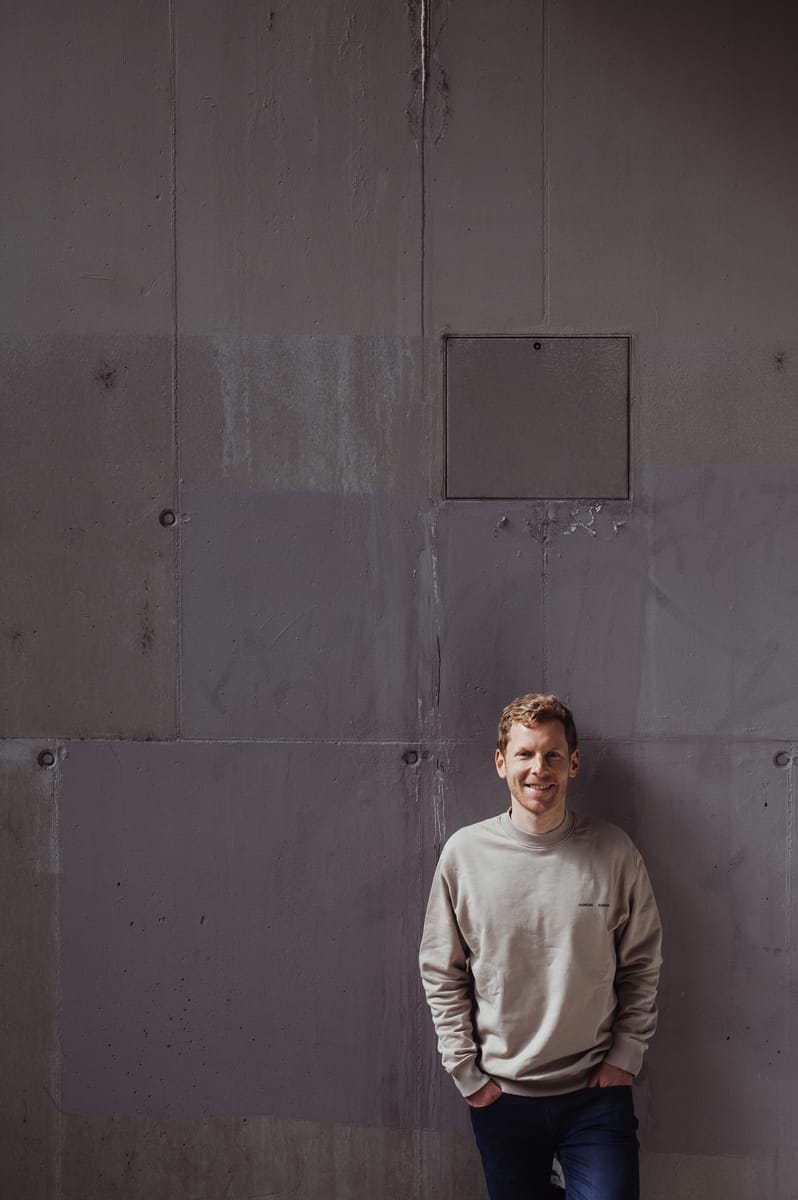Dear hustlers, founders, operators and visionaries,
What does it take to scale a company from 100 to 500 people in under six months - without losing your soul in the process?
In this conversation, Noa Perry Reifer returns to the podcast to share what it means to build a company with cultural integrity at scale. Drawing on her experience at On and now at Neko Health, Noa dives deep into how culture becomes the silent operating system of fast-growing organizations, and how AI can help shape culture in a productive way allowing people to focus on the human side.
Exclusively for our newsletter subscribers, Noa has shared additional insights below.
In the meantime: Follow the Gradient and stay tuned!
PS: Has this e-mail been forwarded to you? Sign up here.
How to evolve fast without breaking your team or your culture
What you will get out of this episode
In our conversation, Noa shares:
How to design a company culture that acts as a shared language, not a buzzword
How to scale boldly without getting trapped by legacy or incrementalism
Why dual-mode talent - AI fluency and human judgment - is the future of hiring
How to embed cultural values into tools, systems, and day-to-day decision-making
and much more!
Our main take away’s
Culture must be distinct, lived, and universal: Culture isn't a set of words on a wall - it’s a company’s common language. Noa emphasizes that a true culture should feel so unique that it couldn’t be lifted and applied anywhere else. When built well, it becomes the internal compass that guides decision-making across diverse teams.
Legacy can inspire, but it can't lead: Great leaders know when to respect the past and when to break from it. Noa shares that many companies make the mistake of preserving legacy systems and structures out of habit, not relevance. Future-proofing means asking, “Is this still serving where we want to go?”
Build for scale before you need it: Whether it’s HR tools or team structures, designing with a two- to three-year horizon avoids costly rework. Bold organizational decisions - like restructuring all at once versus incrementally - may feel riskier, but often lead to better, more future-fit outcomes.
AI isn’t replacing leadership—it’s requiring more of it: As automation becomes standard, Noa makes a strong case for “dual mastery” - people who can operate with AI tools and also know when to override them. It's not enough to be fast; we need to be wise. The future belongs to those who can navigate both with confidence.
Flatten the hierarchy, raise the standard: In the AI-native era, Noa envisions smaller, flatter teams composed of high-judgment individuals - not necessarily those with decades of experience, but those who can lead, create, and challenge the norm. Leadership isn’t about tenure anymore; it’s about depth and discernment.
From our Partners
How Canva, Perplexity and Notion turn feedback chaos into actionable customer intelligence
Support tickets, reviews, and survey responses pile up faster than you can read.
Enterpret unifies all feedback, auto-tags themes, and ties insights to revenue, CSAT, and NPS, helping product teams find high-impact opportunities.
→ Canva: created VoC dashboards that aligned all teams on top issues.
→ Perplexity: set up an AI agent that caught revenue‑impacting issues, cutting diagnosis time by hours.
→ Notion: generated monthly user insights reports 70% faster.
Stop manually tagging feedback in spreadsheets. Keep all customer interactions in one hub and turn them into clear priorities that drive roadmap, retention, and revenue.
How to reach out to Noa
Exclusive from Noa
If you could write a ‘culture operating manual’ for AI-native teams, what would chapter one be called?
Why Leadership Matters More Than Ever?
What’s a People or Culture idea you believe in that most companies get completely wrong?
The difference between high performance to high impact.
What signals do you look for to know a team is truly functioning well, even if things are chaotic?
The trust between each other, the autonomy people exhibit and the ability to give and receive feedback even when uncomfortable.
What’s the most underrated skill founders need to build high-performance and healthy teams?
There are so many but probably something that people forget is the importance of real listening.
What is success for you?
Making an impact on people’s lives through leadership.
What books, podcasts, articles inspired you?
I recently listened to David Senra’s new podcast with Daniel’s Ek. I am still coming back to some of the ideas and thoughts from there.
What’s one advice, founders should actually ignore?
Benchmarking / comparing to other companies. You can of course get inspiration but too much comparison is very dangerous.
What are habits, activities or rituals that keep you sane (while scaling your business)?
Exercise almost every day and staying to an operating system that works for me and not for others - I believe this is very individual.
What is one “growth hack” (be it business, health or personal-wise) that has a positive impact on you or the company?
Something that I tried a few times which I liked is reverse mentoring. Sometimes we forget how much we can learn from people that are earlier in their career journey about how we can show up as better leaders.

Follow the Gradient is a weekly newsletter and podcast by the serial founders Melanie Gabriel & Christian Woese about how to build a business from Europe while staying sane.












